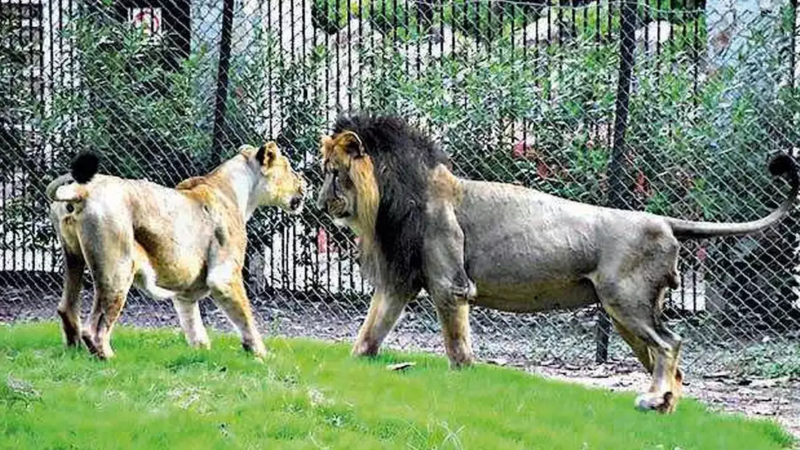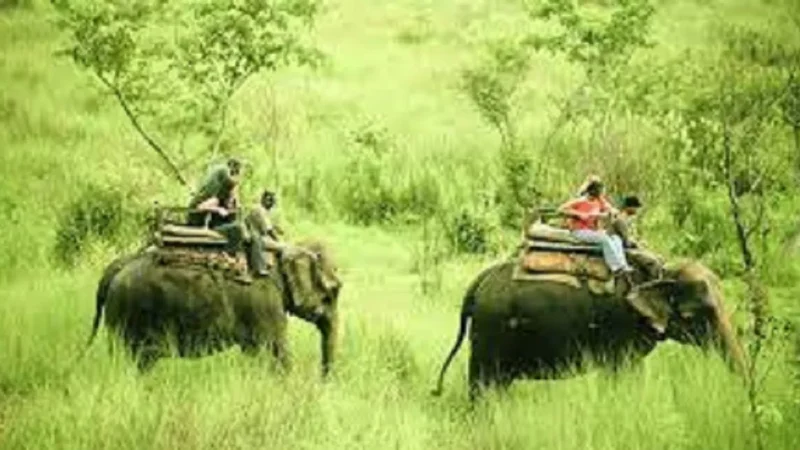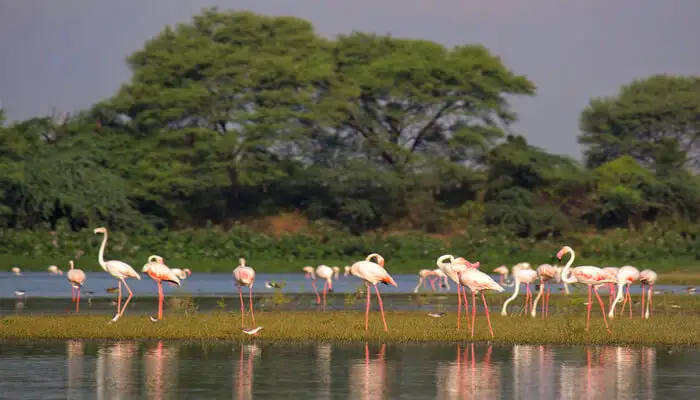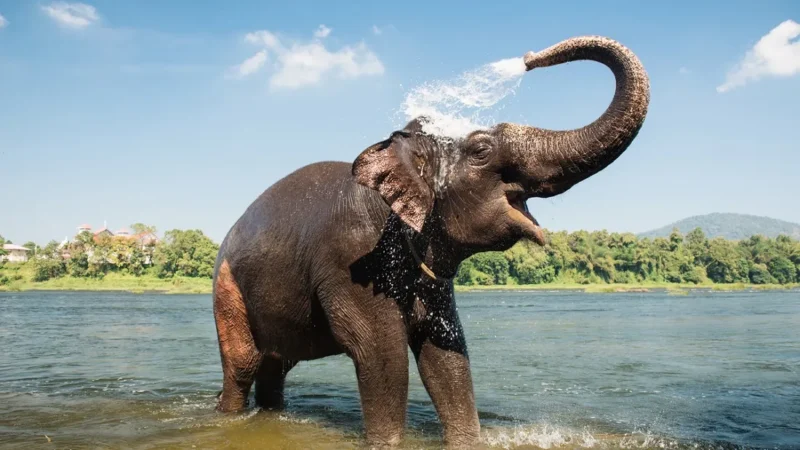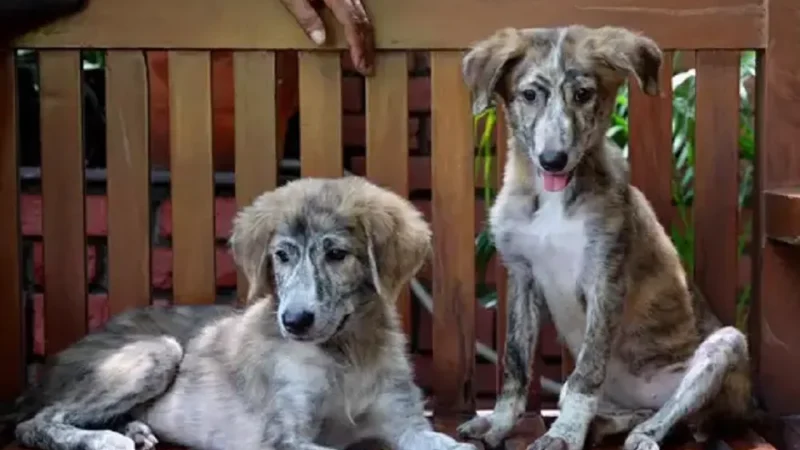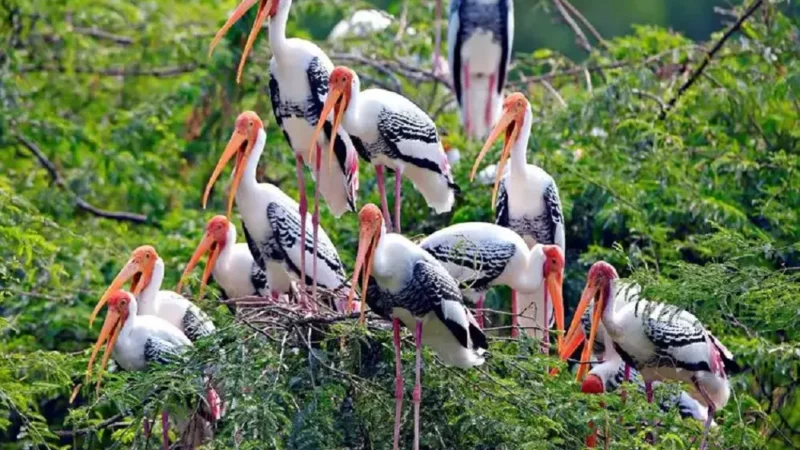Wildlife Rescue in Delhi: Preserving Nature’s Treasures
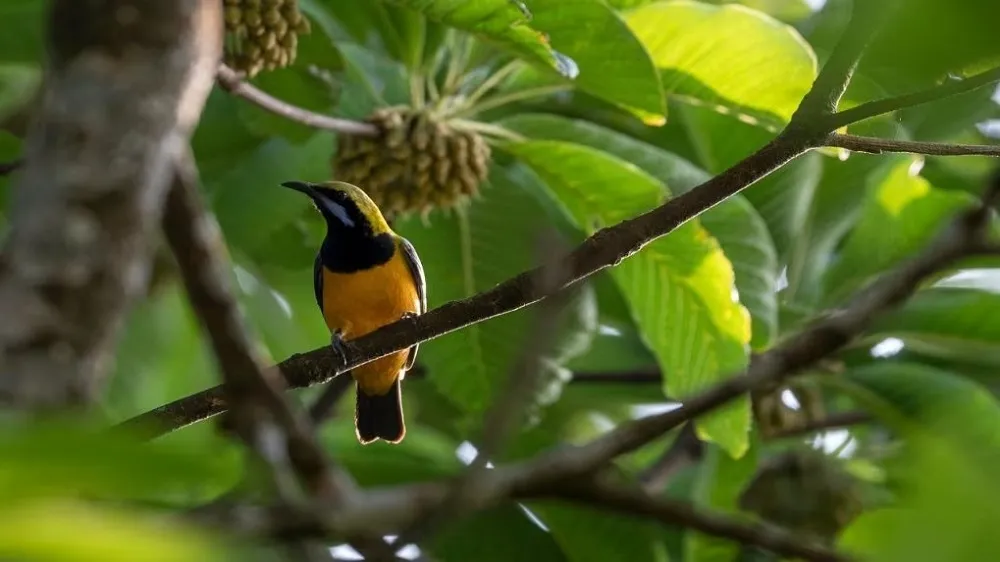
Table of Contents
ToggleWildlife Rescue Delhi -
Welcome to our blog on “Wildlife Rescue in Delhi” where we embark on an extraordinary journey to explore the heartwarming efforts made by passionate individuals and organizations to protect and preserve the diverse wildlife within India’s bustling capital city.
Delhi, a vibrant metropolis testament to India’s rich history and cultural heritage, is also home to a surprising array of wildlife. Amidst the city’s bustling streets and iconic landmarks, various fascinating creatures find shelter in pockets of greenery, parks, and protected areas.
However, rapid urbanization, human-wildlife conflicts, and various environmental challenges threaten the delicate balance between humans and nature. Thankfully, a dedicated network of wildlife rescuers and conservationists is tirelessly working to safeguard the well-being of these precious creatures and their natural habitats.
In this blog, we will delve into the remarkable endeavors of renowned organizations like Wildlife SOS, People for Animals (PFA), and the Delhi Wildlife Department. We’ll explore their rescue operations, rehabilitation efforts, and inspiring stories of animals given a second chance at life.
1- Wildlife SOS:
Wildlife SOS is a non-profit wildlife conservation organization based in India. Established in 1995, it focuses on rescuing and rehabilitating wildlife, primarily in distress and suffering from various issues such as poaching, habitat destruction, and human-wildlife conflict. The organization is known for its work in rescuing and caring for animals subjected to cruelty or exploitation, particularly those in captivity.
Key aspects of Wildlife SOS’s work include:
- Wildlife Rescue: Wildlife SOS operates rescue centers and sanctuaries across different locations in India. They rescue animals from various situations, including captive conditions, poaching, urban areas, and conflict zones. The organization has specialized teams trained to handle different species and situations safely.
- Wildlife Rehabilitation: Once animals are rescued, Wildlife SOS focuses on rehabilitating them physically and psychologically. The aim is to prepare the animals for a life back in the wild wherever possible or provide them with a safe and suitable environment if full rehabilitation is impossible.
- Elephant Conservation: One of Wildlife SOS’s flagship projects is the Elephant Conservation and Care Center in Mathura, Uttar Pradesh. They rescue and provide long-term care for abused and exploited elephants, including those used for begging, circus performances, or other inhumane purposes.
- Bear Conservation: Wildlife SOS has also been actively involved in the rescue and rehabilitation of sloth bears that were once used for the practice of “dancing bears.” The organization rescued these bears from a life of captivity and cruelty and provides them with a haven at its rescue centers.
- Awareness and Advocacy: Wildlife SOS conducts educational programs, workshops, and awareness campaigns to promote wildlife conservation, animal welfare, and environmental issues. They also advocate for stronger wildlife protection laws and policies.
- Wildlife SOS collaborates with government agencies, local communities, and other non-governmental organizations to achieve its objectives and positively impact wildlife conservation in India. Over the years, the organization has gained recognition and support nationally and internationally for its dedication to rescuing and protecting wildlife.
- People for Animals (PFA): PFA is India’s largest animal welfare organization, and they have local chapters and rescue centers in different cities, including Delhi. They work towards protecting and rescuing animals, including wildlife, and provide medical care and rehabilitation to injured or distressed animals.
- Animal Welfare Board of India (AWBI): AWBI is a statutory body under the Ministry of Environment, Forests, and Climate Change, Government of India. They implement and promote animal welfare laws and policies, which indirectly affect wildlife rescue efforts.
- Delhi Wildlife Department: The Delhi government’s Wildlife Department plays a crucial role in handling wildlife-related issues, including rescue and rehabilitation. They collaborate with NGOs and other organizations to address wildlife emergencies.
2- People for Animals (PFA)
People for Animals (PFA) is India’s largest animal welfare organization, founded in 1992 by Maneka Gandhi, an eminent animal rights activist and politician. PFA operates across different states and cities in India and is actively involved in various aspects of animal welfare and conservation.
Key areas of focus and activities of People for Animals include:
- Animal Rescue and Rehabilitation: PFA is dedicated to rescuing distressed animals, including wildlife, stray animals, and those subjected to cruelty or abuse. They operate animal rescue centers and shelters where rescued animals receive medical attention, rehabilitation, and care.
- Animal Welfare Advocacy: PFA works towards promoting animal welfare through awareness campaigns, educational programs, and advocacy efforts. They aim to raise public consciousness about animal rights and the importance of treating animals with compassion and respect.
- Wildlife Protection: Besides helping domestic animals, PFA plays a role in wildlife protection and conservation. They collaborate with government agencies and other organizations to address issues related to wildlife conservation, habitat protection, and human-wildlife conflict.
- Sterilization and Animal Birth Control (ABC) Programs: PFA actively supports and conducts sterilization and ABC programs for stray animals to control their population and reduce the instances of stray animal suffering.
- Legal Interventions: PFA is involved in legal initiatives and lobbying for stronger animal welfare laws and their effective implementation. They take legal action against animal cruelty and work to ensure that animal rights are protected under the law.
- Animal Education and Training: PFA provides training and support to individuals and organizations involved in animal welfare, animal rescue, and animal care. They offer workshops and seminars to equip people with the necessary knowledge and skills to handle animals responsibly.
Over the years, People for Animals has grown into a prominent and influential organization in India’s animal welfare field. It operates through a network of local chapters and volunteers who work towards the common goal of protecting and advocating for animals nationwide. PFA’s efforts have helped raise awareness about animal welfare issues and significantly improved treating animals in India.
3- Animal Welfare Board of India (AWBI)
The Animal Welfare Board of India (AWBI) is a statutory body established under the Prevention of Cruelty to Animals (PCA) Act, 1960, by the Government of India. The primary purpose of the AWBI is to promote animal welfare and ensure the proper implementation of the PCA Act across the country.
Key functions and responsibilities of the Animal Welfare Board of India include:
- Framing Guidelines: AWBI is responsible for formulating guidelines and standards for the care and management of animals, particularly those used in various industries, such as entertainment, research, and transportation. These guidelines aim to ensure the humane treatment of animals and prevent cruelty.
- Granting Recognition: The board has the authority to grant recognition to animal welfare organizations that meet specific criteria and guidelines. Recognized organizations can participate in various animal welfare activities and campaigns.
- Spreading Awareness: AWBI is essential in creating awareness about animal welfare issues among the public, educational institutions, and government. They organize seminars, workshops, and awareness campaigns to promote compassion and responsible treatment of animals.
- Legal Initiatives: The board advocates for animal welfare in the legal arena. They may intervene in cases related to animal cruelty, animal rights, and the implementation of animal welfare laws.
- Monitoring Animal Welfare: AWBI monitors the well-being of animals used in various industries and facilities. They may conduct inspections and audits to ensure compliance with animal welfare standards and guidelines.
- Research and Collaboration: The board conducts, or sponsors research related to animal welfare and collaborates with other national and international organizations working in animal welfare and conservation.
The AWBI plays a vital role in the protection and welfare of animals in India. It serves as an advisory body to the central and state governments on animal welfare and cruelty prevention matters. The PCA Act empowers the AWBI to take necessary actions to prevent and mitigate animal cruelty and improve the overall treatment of animals in the country.
4- Delhi Wildlife Department
The Delhi Wildlife Department is a government agency responsible for conserving and protecting wildlife and their habitats within the National Capital Territory of Delhi, India. The department operates under the Delhi government’s Forest and Wildlife Department and plays a crucial role in implementing wildlife conservation policies and enforcing wildlife protection laws within the region.
Key functions and responsibilities of the Delhi Wildlife Department include:
- Wildlife Conservation: The department is responsible for conserving the diverse flora and fauna found within the territorial boundaries of Delhi. This includes protecting endangered species, managing wildlife habitats, and promoting biodiversity conservation.
- Wildlife Protection: The department enforces wildlife protection laws, such as the Wildlife Protection Act of 1972, to prevent poaching, illegal trade, and other activities that threaten wildlife.
- Wildlife Rescue and Rehabilitation: The department may be involved in wildlife rescue and rehabilitation efforts, especially when wild animals are injured, stranded, or found in urban areas.
- Management of Wildlife Sanctuaries and Reserves: Delhi has several protected areas. The wildlife department is responsible for their management and ensuring their ecological integrity.
- Human-Wildlife Conflict Mitigation: As Delhi is an urban area with a significant population, conflicts may arise between humans and wildlife. The department works on strategies to minimize such conflicts and promote harmonious coexistence.
- Environmental Education and Awareness: The department may conduct educational programs and awareness campaigns to engage the public and promote wildlife conservation and environmental stewardship.
- Collaboration with Other Agencies: The Delhi Wildlife Department collaborates with other government departments, non-governmental organizations (NGOs), and wildlife conservation bodies to achieve its objectives effectively.
It’s important to note that wildlife management and conservation are not exclusive to the Wildlife Department. Other relevant government departments, such as the Forest Department, Municipal Corporation, and Central and State Governments, also play vital roles in Delhi’s wildlife protection and conservation efforts.
If you encounter any wildlife-related issues or encounter injured or distressed animals within Delhi, contacting the Delhi Wildlife Department or relevant animal welfare organizations is crucial for appropriate assistance and action. They have the expertise and resources to handle such situations and ensure the well-being of both wildlife and humans.

